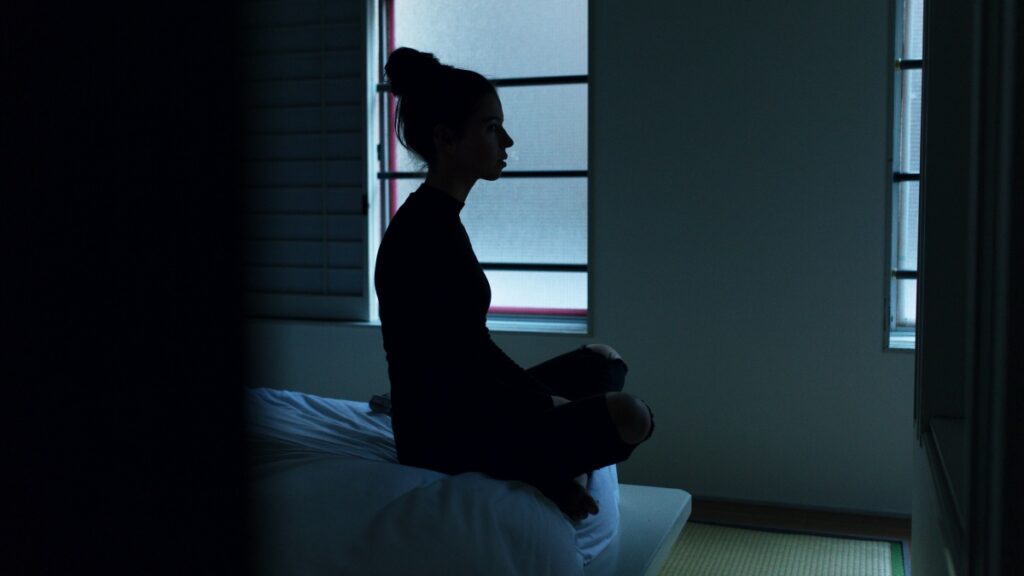
Depression and Eating Disorders: How to Heal Through Both Together
Depression and eating disorders often walk hand-in-hand. Similar to anxiety and eating disorders. For many, the two conditions reinforce one another in painful cycles that can feel impossible to break.
Whether it’s the numbing isolation of depression fueling disordered eating, or the physical and emotional depletion of an eating disorder deepening depressive symptoms, the co-occurrence is more common than many realize—and more treatable than it often feels.
Understanding the Connection
Eating disorders and depression frequently co-occur. Research shows that individuals with eating disorders—such as anorexia, bulimia, or binge eating disorder—are significantly more likely to experience major depressive episodes.
In fact, more than 50% of people with eating disorders also experience symptoms of depression. This connection is complex and multifaceted:
- Biological factors like neurotransmitter imbalances (serotonin, dopamine) play a role in both.
- Psychological patterns such as perfectionism, self-criticism, and low self-worth often underpin both illnesses.
- Behavioral symptoms—like withdrawal, fatigue, or disrupted sleep—can worsen each other, making daily life feel increasingly unmanageable.
- Malnutrition caused by disordered eating can directly impact mood regulation and cognitive functioning, intensifying depression.
Why Treating One Without the Other Often Falls Short
It might be tempting to prioritize one condition—say, stabilizing eating behaviors—before addressing mood. But without integrated care, one issue can sabotage progress in the other. For example, someone may restore nutritional intake but still feel consumed by hopelessness and intrusive negative thoughts, leading to relapse.
Treating both concurrently is essential for sustainable healing. Integrated treatment recognizes that your emotional and physical health are inseparable.
Signs That Both May Be Present
If you’re wondering whether you or someone you love may be struggling with both depression and an eating disorder, look for these overlapping signs:
- Persistent low mood, emptiness, or hopelessness
- Changes in appetite and weight not explained by physical illness
- Obsessive thoughts about food, body, or weight
- Loss of interest in once-enjoyed activities
- Social withdrawal and isolation
- Fatigue, sleep disturbances, or concentration problems
- Feelings of shame or worthlessness
- Engaging in food rituals, bingeing, restricting, or purging
Healing Through Both: What Treatment Can Look Like
- A Multidisciplinary Team Approach
Collaborative care—including therapists, dietitians, medical providers, and possibly psychiatrists—is crucial. Each provider addresses a unique piece of the puzzle while working together toward whole-person healing. - Gentle, Consistent Nourishment
Food is more than fuel—it’s a building block for emotional stability and foundational to self-care. Even small steps toward consistent eating can support brain chemistry, improve energy levels, and help reduce the severity of depressive symptoms. - Evidence-Based Therapy
Approaches like Cognitive Behavioral Therapy (CBT), Dialectical Behavior Therapy (DBT), and Interpersonal Therapy (IPT) can be highly effective. These therapies help interrupt harmful thought patterns, improve emotion regulation, and rebuild a sense of self beyond illness. - Medications (When Appropriate)
Antidepressants may support recovery in both conditions, particularly when depression is moderate to severe. These should always be prescribed and monitored by a healthcare provider who understands the nuances of co-occurring disorders. - Building a Life Worth Living
Recovery isn’t only about reducing symptoms. It’s about rebuilding a connection to your body, your values, your relationships, and your future. Healing involves rediscovering joy, cultivating resilience, and restoring a sense of meaning and hope.
You Don’t Have to Choose Which to Heal First
If you’re struggling with both depression and an eating disorder, know this: you are not alone, and you don’t have to choose which illness is “more important” to treat. Both deserve attention. You deserve care that sees the whole you, not just your symptoms.
Recovery is not linear. It’s okay to take small steps. It’s okay to need support. And it’s absolutely okay to hope for more.



